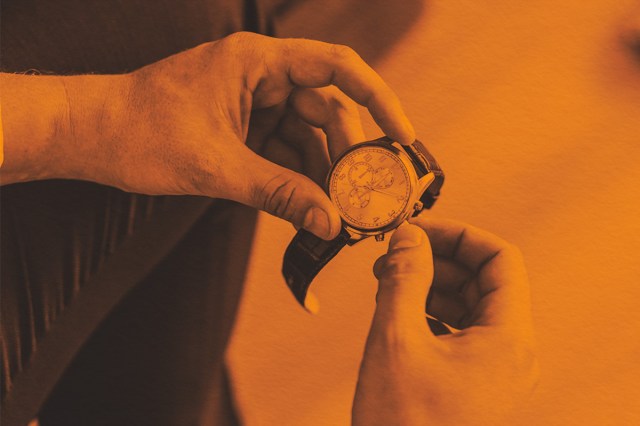
Casual conversation is chock-full of faux pas that are technically harmless but can be irksome to those in the know. One such topic for debate is the term “whenever.” Its frequent incorrect usage as a substitute for “when” can be a sore spot for wordsmiths, but it’s a nuanced difference.
While both “when” and “whenever” address time, they differ in how we use them. Behold this frequent offender: “Whenever I was a senior in high school…” This might sound natural (for some) in casual conversation, but it’s technically incorrect. The speaker should use “when” because they’re referring to a specific period of time.
By definition, “whenever” means “at whatever time” — it’s flexible. It contradicts its core meaning when misused to replace a specific instance. Here’s a correct example to consider: “When I’m done at the office today, I’ll go to the grocery store.” Here, “when” correctly denotes a specific moment: after work. The incorrect counterpart, “Whenever I’m done at the office today,” erroneously suggests a more vague timeline for the visit to the grocery store. Even if you don’t know the exact time frame you will be done with your work, “when” is still used to indicate that it will be a specific moment in the future. So, when can we use “whenever”?
“Give me a call whenever you can” is a correct usage. It implies flexibility without a clear or fixed appointment. Similarly, “I like to go for beach walks whenever I get the chance” indicates recurring occasions, not one specified point in time. When in doubt, remember that “when” refers to a defined moment, and “whenever” is about the freedom to act at any time.

















